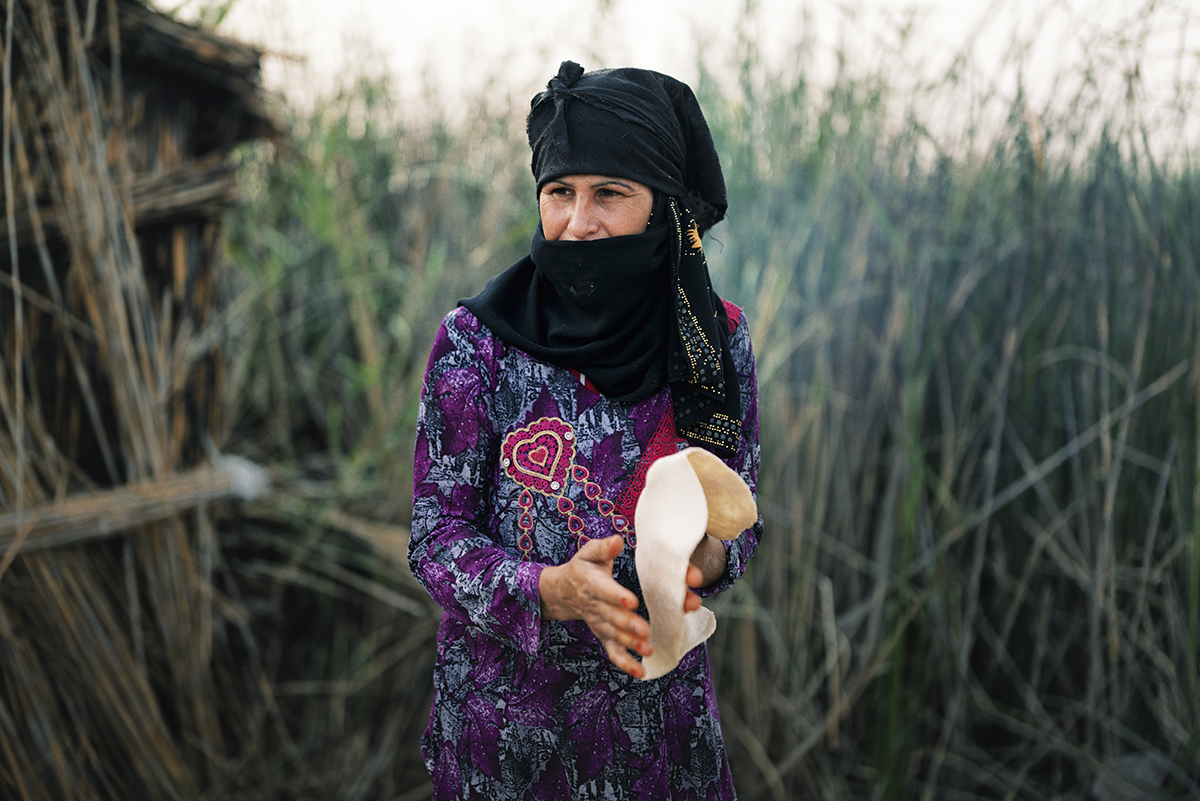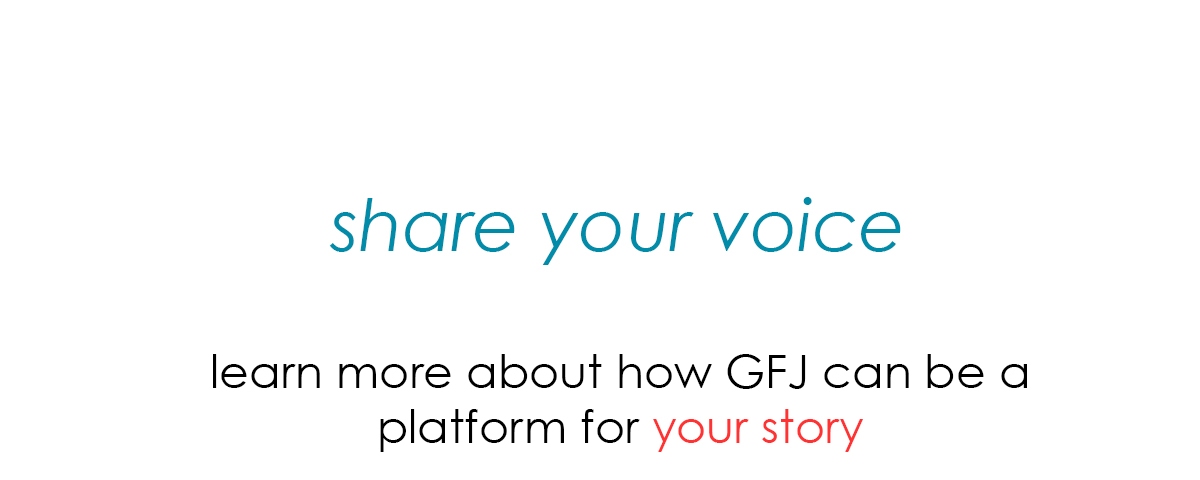QUALITY VS. QUANTITY ...
seems like a siren call for this time of year. The month of December feels like a season unto itself, but one where the changing of temperature and shift in what you might be seeing in nature or cooking for dinner are often competing with (and coming up second to) demands from businesses, loved ones, work relationships, and your own inner clock that chimes with the returning sound of whatever happens to make you feel empty and has not yet been filled.
In Tema Okun's endlessly illuminating Characteristics of White Supremacy Culture, one aspect of prioritizing quantity over quality - or, said another way, "things that can be measured are more highly valued than things that cannot" - is described as 'discomfort with emotion and feelings'.
This really got me thinking. How did such a sentence wind up under the heading of 'quantity over quality'? And although it might seem obvious that when you are focused on numbers and productivity to the detriment of all else, emotions and feelings would necessarily fall away - they are, after all, not the first things that come to mind when you think about money or math problems or data points - I was more stuck on the opposite truth. Which must be that quality requires emotion and feelings.
Unlike the endless tally of numbers on a spreadsheet, this is a concept my brain wants to linger on. Because if quality in fact does require emotion and feelings, then suddenly there is evidence for why certain human-centered or earth-centered organizations and businesses resonate with us. It also reminds me of why the hospitality industry, and the service industry as a whole, thrives on human connection. Quality comes from paying attention to the human, animal, and elemental components that make up our emotional landscapes.
So here's your exercise for this December: pay attention to the moments when you experience quality, in your inner and outer worlds. Notice if certain emotions or feelings come into play. At the same time, ponder those instances when you don't experience quality - when you feel rebuffed by a salesperson, frustrated when a brand new item breaks, or maybe just a little numb at the sight of how many things are still on your holiday to-do list. Consider which emotions come into play at those times, and what message they are sending.
During a time of year that can feel like a cup that always needs filling, we leave you with the words of Monica Simpson, Executive Director of SisterSong, speaking at an October 2nd march for reproductive rights in Washington: "If you want something you don't have, good folks, then you better be willing to do something that you have never done." May you be as brave, as courageous, and as willing to try something new.
Next week will be our last newsletter for the year. We will be closing our digital doors for the weeks of December 20th and 27th. That means no social media posts, no newsletter, but yes - always and forever - still plenty of jobs.
Yours in food justice,
Dor + Tay
photo of Umm Jassim preparing traditional flatbread for her family using a mud oven in the Hammar Marshes, Iraq, by photojournalist Emily Garthwaite
|

